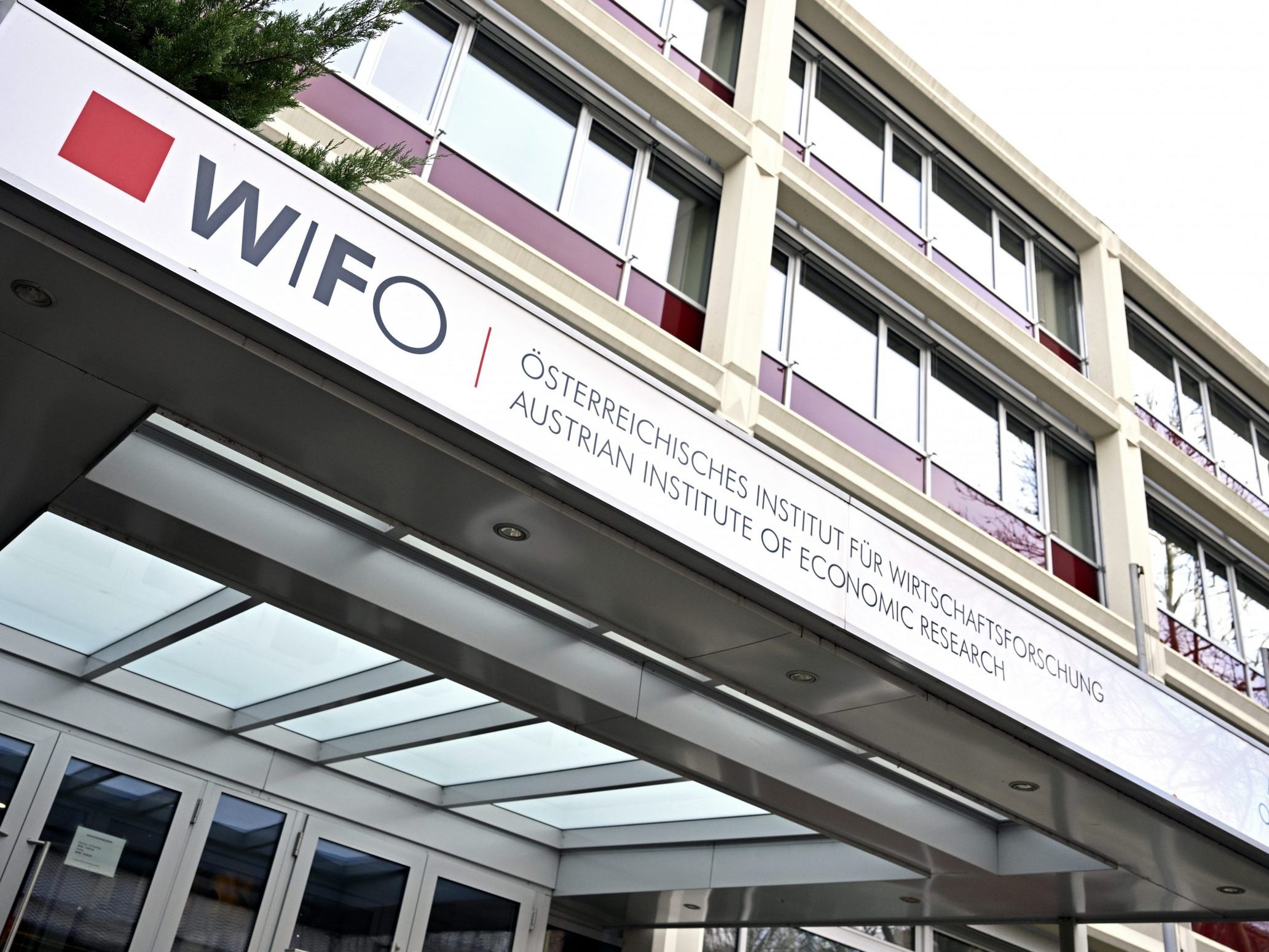The association has now enlisted the support of the Austrian Institute for Economic Research (Wifo), which has calculated that an occupational provision for all would also ensure a fairer distribution of pension incomes and thus also make social policy sense.

Occupational Provision According to Wifo is Socially Sensible for Everyone
8-01-2025, 14:48
Many Austrians currently have no access to a capital-funded system with which they could provide for their own old age. This creates inequality and old-age poverty. Both could be reduced, "if the second pillar of old-age provision were to be expanded," said Wifo chief Gabriel Felbermayr at a joint press conference with the association. This way, everyone could benefit from the development of the capital markets, which would reduce inequality among pensioners, the risk of poverty and old-age poverty. There is therefore also "a very good social policy argument for expanding the second pillar of old-age provision," said Felbermayr. At the same time, the domestic capital market could be strengthened and revitalised with more liquidity.
Occupational Provision Could Increase Pensions by Up to 19 Percent
To demonstrate the effects of a comprehensive occupational provision, the Wifo used two scenarios in its analysis: The first scenario plans with an annual contribution of 2.5 percent of the gross wage and salary sum, the second scenario envisages an indexed cash amount of 150 euros per year. Both options were calculated for several levels of education, professional groups, full-time and part-time work, men and women, and then extrapolated to the population.
The first scenario would result in the gross initial pension being 15 to 19 percent higher than without an occupational provision. For men, this would correspond to a pension increase of up to 400 euros per month, for women up to 200 euros. In the second scenario, which is intended to represent an affordable variant of occupational provision for low earners, the initial pension would increase by 1 to 9 percent - for men this would be an increase of up to 150 euros, for women up to 95 euros. The effects could be further enhanced if there were a state premium for occupational provision. The Wifo assumes a subsidy of 80 euros in its assumptions.
Both the first and especially the second variant would bring redistribution effects according to the study, thus equalising incomes at the time of pension application. Those who would benefit most would be part-time workers and those with lower incomes and a flatter lifetime income curve. The state premium would significantly improve the distribution effects once again.
The study refutes the idea that occupational pensions only benefit wealthier individuals, according to Felbermayr. Especially people with lower incomes gain access to the returns achieved on the capital market through such a system and can therefore participate in the profits. Currently, only a portion of the working population has this access, usually favouring people with higher incomes.
Professional Association Calls for Full Expansion of the Second Pillar
The Professional Association of Pension Funds uses the study as an opportunity to renew its demand for a full expansion of occupational pensions. Furthermore, the chairman of the professional association, Andreas Zakostelsky, advocates for the promotion of employee contributions, the deductibility of contributions for managing partners, as well as more choices for beneficiaries.
Whether the demands will be implemented by the emerging new government remains to be seen. Zakostelsky was optimistic today. He is having discussions with all parties regarding this and given the budgetary pressure, he assumes that the issue of pensions will be addressed quickly "in the interest of the country".
Felbermayr also pointed to the increasing pressure on a future government to overhaul the pension system. This is because the additional payments to state pensions from the federal budget are growing every year. At the same time, weak domestic economic growth is burdening the pay-as-you-go system. "We are entering the third year of weak growth," said the head of Wifo. A capital-based system, on the other hand, could participate in more stable international growth.
(APA/Red)
This article has been automatically translated, read the original article .




